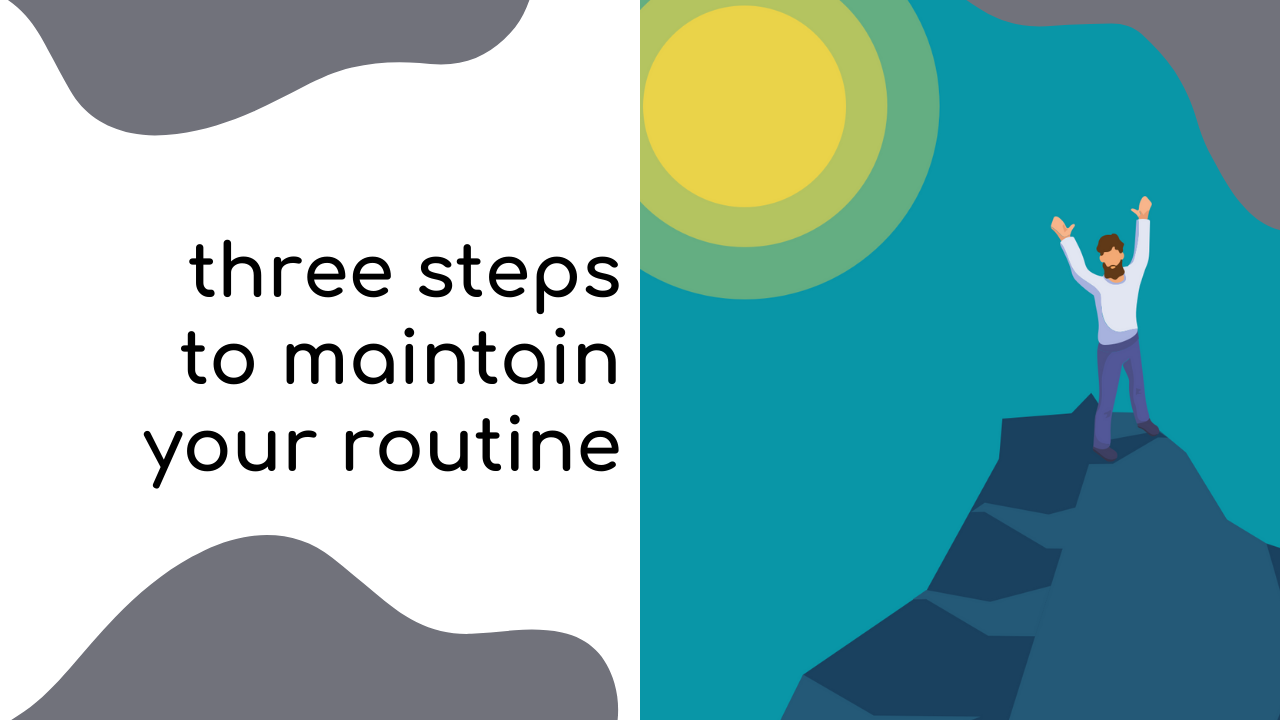
why ‘i told you so’ isn’t helpful
when someone finally arrives at the place you hoped they would it's time for you to put your own ego aside. it's natural to want to say : i've been saying that for months. or : i was hoping you'd finally see what i see. or : if only you had listened to me weeks ago. or : where were you when i said that before? but if your concern and focus is truly the change that you wish to see then you'll put those statements aside.

why we confuse confidence for arrogance
there is a fine line between arrogance and confidence. and as our society inches further and further away from being able to withstand discomfort i see more and more people who confuse confidence for arrogance. the truth is that confidence often makes people uncomfortable.

why leaders have to be able to say “no”
one of the most common themes among dysfunctional teams is their inability to have difficult conversations. often this comes top down. i often find that team leaders or senior executives struggle with a simple yet solid word : no.

five things that change when you develop self-awareness
the competitiveness of society and the comparative culture of today can destroy your self-confidence and leave you searching for an identity. it’s hard to avoid caring about what other people think of you and measuring yourself against that which you are exposed to. but worry not - there is a superpower that can help you become resilient to the challenges of today. and it’s a little thing called... self-awareness.

four sure-fire ways to stay productive.
need to get things done... but they ain't getting done?! yep, that happens to all of us. there are distractions around us at all times. whether it’s your phone. the screaming kids. the email from your boss that keeps staring at you and demanding a reply. we certainly are not short on distractions. but here’s the thing : maintaining productivity isn’t actually all that hard when you know how to dial in. here are four sure-fire ways to stay productive so you too can make sure you tick everything off your to-do list on time.

three steps to maintain your routine
right now, more than ever perhaps, routines are important. they give us structure in a world where it feels like the scaffolding is falling, consistency at a time when each morning we wake up to whiplash, predictability when each day brings a new, and sometimes scary, surprise. but how is it possible to maintain a routine when the next day feels so uncertain? when you have to shift and pivot and alter and accommodate?

why we compare.
we are bound to compare. our brains enjoy patterns, sequences of similarity, ways of knowing. and comparing is really just participation in organization. it may not feel like this at a conscious level but the truth is when we engage in comparison we are initially looking for another c-word... connection. we want to see that others are “like me”. and yet because of a pre-existing condition that we all struggle with - insecurity (for some BIG and for others SMALL) - we are bound to end up comparing.

how to ask for what you need.
in my experience as a psychologist over the last decade, i have found many things to be true. one of those things: humans are not very good at communication. undoubtedly, we have made developments in how we can communicate (thank you smart phones and upgraded tech) and the availability of communication (thank you FaceTime and smart watches). but we continue to struggle…

four ways to improve decision making
decision making is a highly important life skill that almost all of us could use a little improvement. your day to day life is filled with several important family and work-related decisions as well as thousands of micro-decisions that often go undetected. while we sometimes believe that a vast majority of our choices are inconsequential, the truth is that even the smallest decision can have enormous consequence.

why curiosity is the catalyst for change.
so here’s the thing, on my desk i have a framed card. the card has two very simple words on the front: begin anywhere. clients of mine used to see this on a bookshelf in my office (when i actually worked in an office) and often they would saunter in, plop themselves down on the couch and ask, where should i start? …

how to recover from a setback
what a year. 2020 has served us an enormous amount of lessons and frankly, it’s up to us to pay attention and be open to what’s available. from where i sit (on my cozy floor in my bedroom), one of the most important lessons that we need to get curious about is that setbacks will happen. sometimes when we least expect it. sometimes when we most expect it…

make the best of any crisis.
i dropped a block on my gerbil’s tail once. it bled way more than one might expect and left a path of tiny crimson droplets on the carpet in my room. i cried a lot, also way more than one might expect. looking back on it i am not surprised by my response, nor by the fact that i still remember it. vividly in fact. i’ve always had a knack for empathy - which may be an odd thing to have a knack for…

how well do you know your partner?
i've had more than a handful of couples in my office throughout my tenure as a psychologist. fifteen years of work and i've seen it all - couples that don't want to lose that spark, some that don't want to get divorced, lots that want to have more sex, and a few that want to figure out how to leave each other amicably. i learn a lot from working with couples and there is very little that surprises me anymore.
